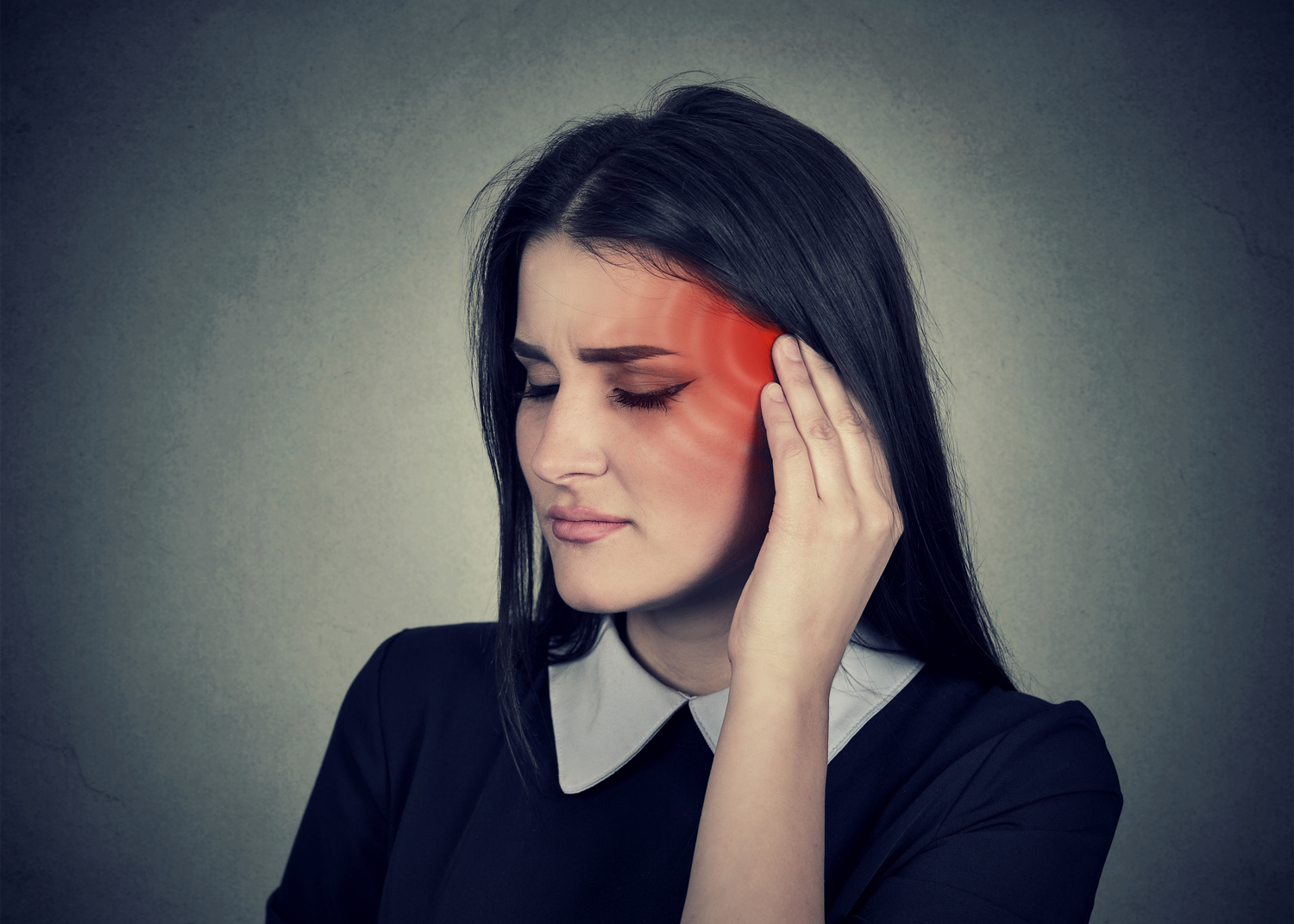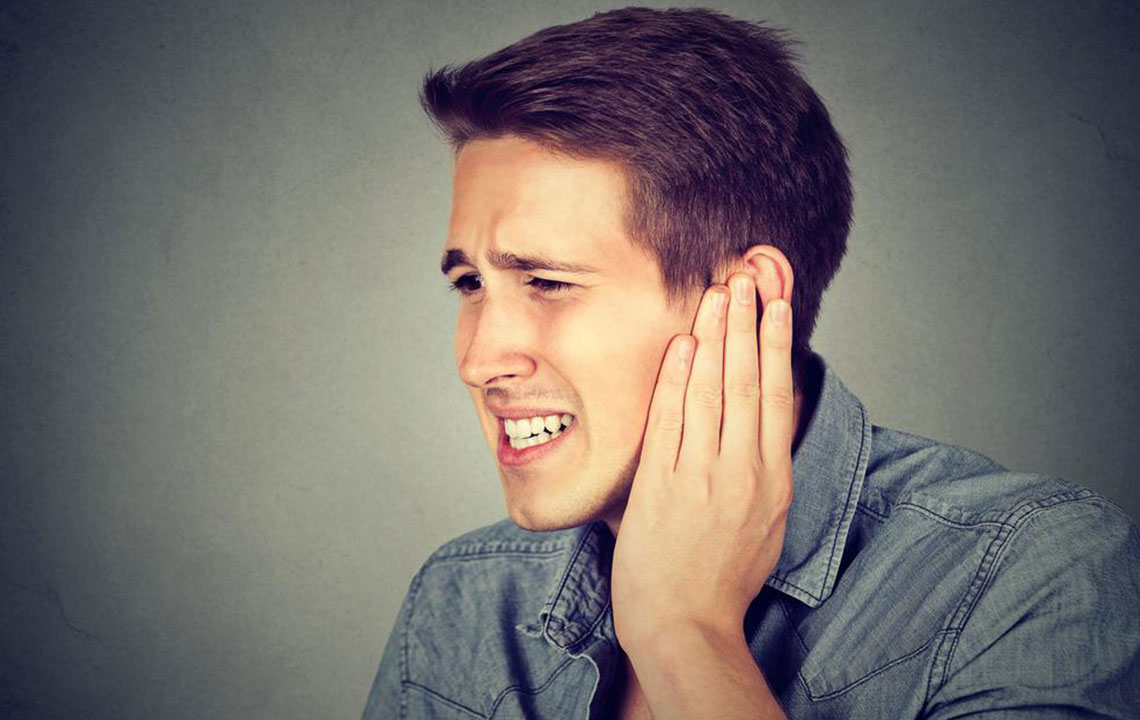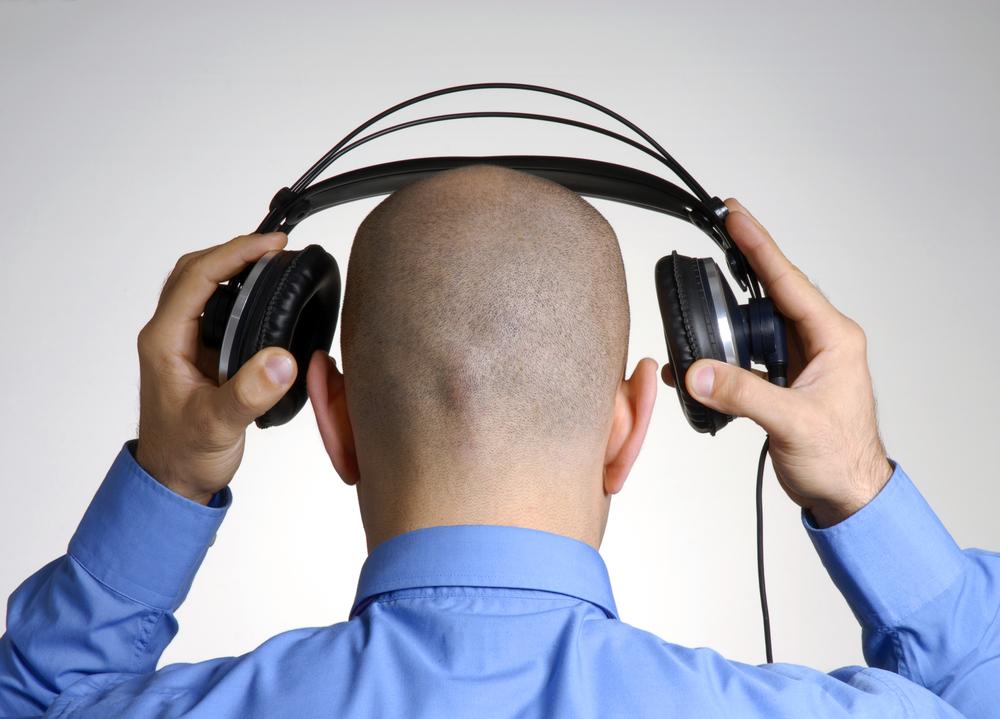Ultimate Overview of Tinnitus: Signs, Causes, and Remedies
This comprehensive overview explores tinnitus, detailing its symptoms, causes, and management options. It emphasizes the importance of understanding underlying health issues and highlights various therapies and lifestyle changes that can help alleviate the condition. While not curable, tinnitus can be effectively managed through targeted treatments and lifestyle adjustments to improve quality of life. Always consult a healthcare professional for personalized advice and diagnosis.

Discover everything about tinnitus
Tinnitus is characterized by hearing ringing, clicking, hissing, or whistling sounds without any external source. It can be temporary or chronic, affecting millions globally.
Approximately 50 million adults suffer from tinnitus, most commonly after age 50, though children and teens can also experience it.
Below are essential details about tinnitus, including symptoms, causes, and treatment options.
What exactly is tinnitus?
Tinnitus involves perceiving internal sounds without external origin.
It often signals an underlying health issue rather than being a standalone condition.
The sounds are usually subjective, heard only by the affected individual.
The most common noise is a persistent high-pitched ringing.
Rarely, in about 1% of cases, tinnitus becomes objective, where others can perceive the noise, often linked to muscle or heart activity, requiring urgent medical attention.
Symptoms of tinnitus include:
Internal sounds like buzzing, chirping, clicking, hissing, pulsating, static, or whistling.
Sounds may be constant or occur intermittently, affecting one or both ears.
The volume and pitch vary, often intensifying in silence or at night.
Some degree of hearing loss may coexist.
Causes of tinnitus:
Understanding the root cause is crucial for effective management. Common factors are:
Age-related hearing decline
Extended exposure to loud noises
Use of ototoxic drugs
Heart and circulation issues
High blood pressure
Stress and anxiety
Head injuries
Jaw joint problems (TMJ)
Earwax buildup
Middle ear infections
Certain tumors
Management and treatment strategies:
While there is no definitive cure, various approaches can help reduce symptoms:
Address primary causes: Treat infections, clear earwax, or resolve TMJ issues.
Use sound therapy: Employ background sounds, white noise, or hearing aids to mask tinnitus and distract attention.
Tinnitus retraining therapy (TRT): Aims to help the brain normalize tinnitus perception, lessening its disruptive effects.
Cognitive behavioral therapy (CBT): Assists in managing emotional reactions to tinnitus.
Healthy lifestyle: Protect ears from noise damage, maintain good hearing health, exercise regularly, eat balanced diets, sleep properly, avoid smoking and excess alcohol, manage stress, and stay socially active, which can improve overall quality of life.
Note: This article provides educational information but is not a substitute for professional medical advice. Consult healthcare providers for diagnosis and personalized treatment. We aim to share accurate data, but cannot guarantee completeness or precision. Always seek expert guidance for health concerns.


